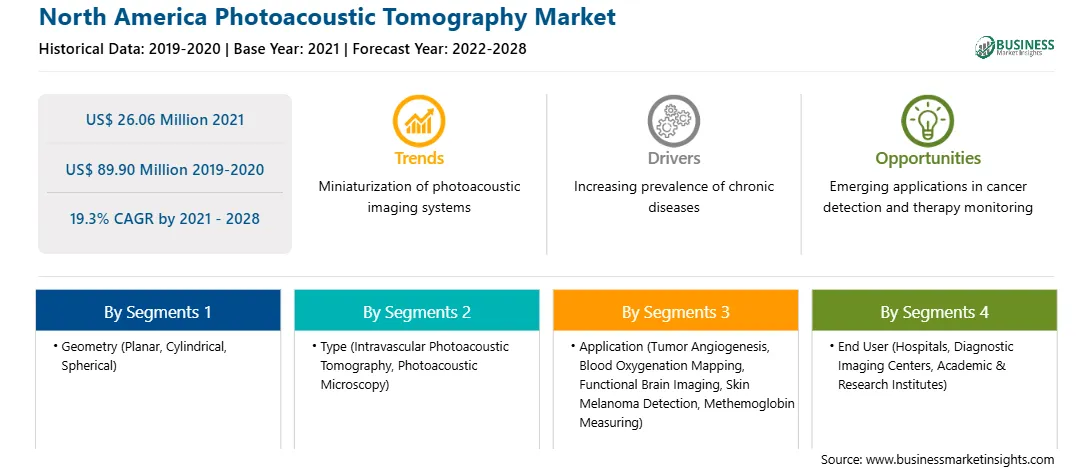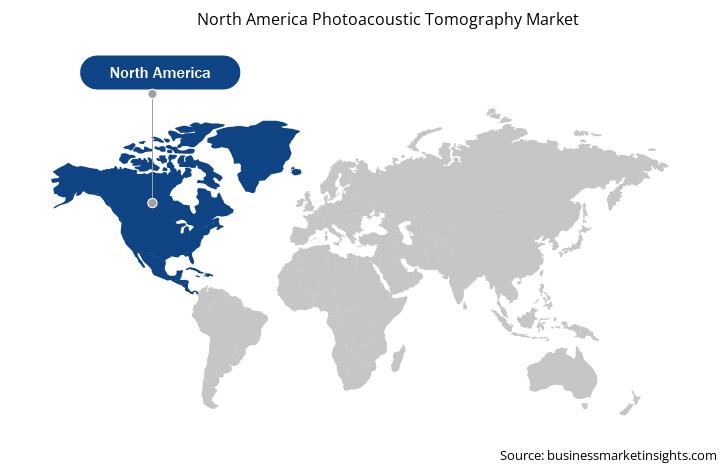Cancer is one of the medical conditions that significantly impact society, and it is one of the major causes of death worldwide. According to the data provided by the National Institute of Cancer, in 2020, ~1,806,590 were diagnosed suffering from cancer in the US, and ~606,520 people died from cancer. As per the American Institute of Cancer Research, in 2020, ~18.1k cases were active globally. Furthermore, the World Health Organization (WHO) stated that about 10 thousand deaths, or one in six death, were due to cancer. The most common cancers are lung cancer, breast cancer, colon cancer, rectum cancer, and prostate cancer. Every year, ~400,000 children develop cancer. Moreover, ~13% of cancers were diagnosed in 2018 globally due to carcinogenic infections, including Helicobacter pylori, hepatitis B virus, human papillomavirus (HPV), hepatitis C virus, and Epstein-Barr virus.
Diagnosing cancer during early stages increases the cure rate, decreases the recurrence rate, and reduces healthcare costs. Over the past few decades, the continual development of medical imaging modalities has been vital in diagnosing cancer, selecting therapies, and monitoring responses to selected treatments. Photoacoustic tomography (PAT) is a hybrid imaging modality combining optical contrast from absorption of light with the remarkable spatiotemporal resolution of ultrasound imaging, offering biomedical morphologic and functional information on early-stage cancer. PAT has shown tremendous potential in cellular and molecular-specific cancer imaging. The key advantages that make PAT a suitable diagnostic modality for clinical applications are its ability to offer molecular information at clinically relevant depths with a high resolution and real-time. Moreover, it can be easily combined with ultrasound (US) imaging as both imaging modalities share hardware components and a common signal detection regimen. Therefore, it is possible to obtain information on the anatomical, functional, and molecular content of diseased tissues using US imaging and PAT. PAT in cancer diagnosis relies on the enhanced optical absorption of tumors, the relatively high optical transparency of normal tissues, and low acoustic distortion and attenuation of tissues. Therefore, this accuracy of PAT for the detection of cancer tissue and increase in the prevalence of cancer is driving the growth of the photoacoustic tomography market.
With new features and technologies, vendors attract new customers and expand their footprints in upcoming markets. This factor is likely to boost the North America photoacoustic tomography market at a notable CAGR during the forecast period.
Strategic insights for the North America Photoacoustic Tomography provides data-driven analysis of the industry landscape, including current trends, key players, and regional nuances. These insights offer actionable recommendations, enabling readers to differentiate themselves from competitors by identifying untapped segments or developing unique value propositions. Leveraging data analytics, these insights help industry players anticipate the market shifts, whether investors, manufacturers, or other stakeholders. A future-oriented perspective is essential, helping stakeholders anticipate market shifts and position themselves for long-term success in this dynamic region. Ultimately, effective strategic insights empower readers to make informed decisions that drive profitability and achieve their business objectives within the market.

| Report Attribute | Details |
|---|---|
| Market size in 2021 | US$ 26.06 Million |
| Market Size by 2028 | US$ 89.90 Million |
| Global CAGR (2021 - 2028) | 19.3% |
| Historical Data | 2019-2020 |
| Forecast period | 2022-2028 |
| Segments Covered |
By Geometry
|
| Regions and Countries Covered | North America
|
| Market leaders and key company profiles |
The geographic scope of the North America Photoacoustic Tomography refers to the specific areas in which a business operates and competes. Understanding local distinctions, such as diverse consumer preferences (e.g., demand for specific plug types or battery backup durations), varying economic conditions, and regulatory environments, is crucial for tailoring strategies to specific markets. Businesses can expand their reach by identifying underserved areas or adapting their offerings to meet local demands. A clear market focus allows for more effective resource allocation, targeted marketing campaigns, and better positioning against local competitors, ultimately driving growth in those targeted areas.

The North America photoacoustic tomography market is segmented into geometry, type, application, end user, and country. Based on geometry, the photoacoustic tomography market is segmented into planar, cylindrical, and spherical. The planar segment held the largest share of the market in 2021. Based on type, the market is categorized into intravascular photoacoustic tomography, photoacoustic microscopy, and others. The intravascular photoacoustic tomography segment held the largest share of the market in 2021. Based on application, the market is segmented into tumor angiogenesis, blood oxygenation mapping, functional brain imaging, skin melanoma detection, methemoglobin measuring, and others. The tumor angiogenesis segment held the largest market share in 2021. Based on end user, the market is segmented into hospitals, diagnostics imaging centers, academic and research institutes, and others. The hospital segment held the largest market share in 2021. Based on country, the North America photoacoustic tomography market is segmented into the US, Canada, and Mexico. The US held the largest market share in 2021.
Advantest Corporation; CYBERDYNE INC.; FUJIFILM Visualsonics Inc.; InnoLas Laser GmbH; OPOTEK LLC; Seno Medical; and TomoWave Laboratories, Inc. are among the leading companies operating in the North America photoacoustic tomography market.
The North America Photoacoustic Tomography Market is valued at US$ 26.06 Million in 2021, it is projected to reach US$ 89.90 Million by 2028.
As per our report North America Photoacoustic Tomography Market, the market size is valued at US$ 26.06 Million in 2021, projecting it to reach US$ 89.90 Million by 2028. This translates to a CAGR of approximately 19.3% during the forecast period.
The North America Photoacoustic Tomography Market report typically cover these key segments-
The historic period, base year, and forecast period can vary slightly depending on the specific market research report. However, for the North America Photoacoustic Tomography Market report:
The North America Photoacoustic Tomography Market is populated by several key players, each contributing to its growth and innovation. Some of the major players include:
The North America Photoacoustic Tomography Market report is valuable for diverse stakeholders, including:
Essentially, anyone involved in or considering involvement in the North America Photoacoustic Tomography Market value chain can benefit from the information contained in a comprehensive market report.